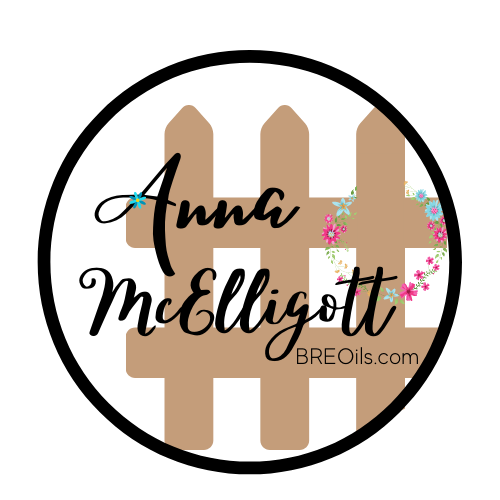

Do you love to grow your own garden? Did you know you can use Essential oils for the health of your garden?
Essential oils can help you combat those pesky critters that like to destroy your garden, and your garden plants also love them because they are part of plants.
Are you a fan of pesticides? I sure am not. For one they kill the good guys, like the pollinators and other beneficial insects. Not only that do you really want that stuff on your skin or in your lungs? Ughhh I know I don’t!
How about your fertilizer? Did you know that they are often made of industrial waste, lead, arsenic, cadmium, and even some radioactive components?
And then we have the Herbicides, which can be toxic to both animals and plants. I really don’t want these things near my garden, how about you?
This is where Essential oils and composting come into play. You don’t need all those things for your little garden plot.
Before we get into some ways to use Essential oils let’s first talk safety!
- Do not apply Essential oils to plants when the temp is over 100 degrees. The best time is in the morning.
- Don’t apply if rain is likely.
- Avoid spraying plants in the fall before winter hardening has occurred.
- Do not apply Essential oils to plants along with sulfur or sulfur containing pesticides.
- Do not spray while pets are nearby as they can be sensitive to certain oils.

Composting
Making your own compost can be easy!
You need carbon rich materials such as garden trimmings, dry leaves, straw, wood chips, and sawdust. These are the brown sources. Nitrogen rich materials such as grass clippings, green leaves, plant material, livestock manure, coffee grounds, and kitchen waste are the green sources. Don’t use animal products or dairy products as they can rot and attract scavengers. Layer brown and green materials at a 3 to 1 ratio with a little soil between layers. Keep the pile moist and turn it at least every week or two.
Do you know your soils ph? It should be between 6.5-6.8 for most plants. The most important nutrients for plants are nitrogen, phosphorus, and potassium, while calcium, magnesium, and sulfur are known as secondary nutrients also important to many plants. You can test the mineral content of your soil by purchasing a kit available at most home improvement stores.
Have you planted a garden this year? I love checking my garden and seeing those new little sprouts coming out of the soil!
See you back here tomorrow for more on gardening with Essential oils!
Happy Oiling,
Anna


















0 Comments